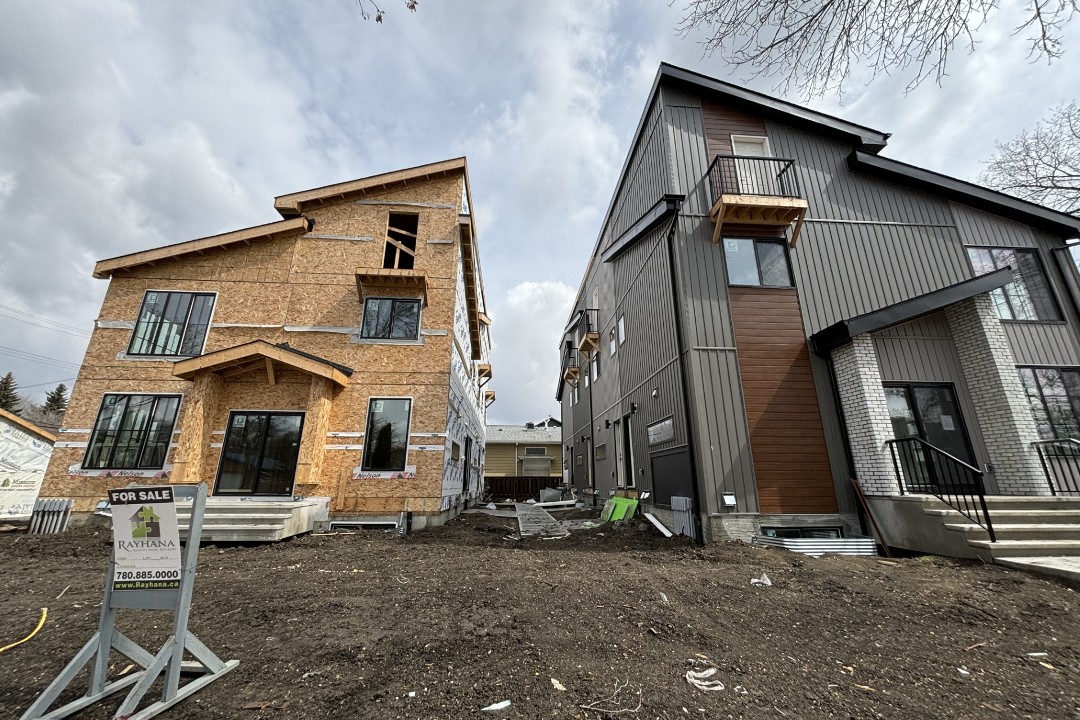
Bill 20 offers power to accelerate housing through property tax breaks
While Bill 20 has drawn heat for changes to local governance and elections in Alberta, it also contains measures that will for the first time allow municipalities to offer property-tax breaks or deferments for up to 15 years on all residential properties.
If the bill passes (which seems likely given the United Conservative Party's majority), municipalities will have the power to issue the kind of tax incentives on residential properties that they already can on non-residential properties, a measure intended to accelerate new and attainable housing, said Michael Francoeur, a spokesperson for the Ministry of Municipal Affairs.
"Multi-year residential tax incentives will only apply to municipal property taxes and can be tailored to suit the needs and goals of each municipality," Francoeur told Taproot in an email.
Industry advocates say the change could spark the development of new housing, make previously unviable housing types buildable, and push some stalled projects into gear.
"The impact of the policy spans from small to massive, contingent on the municipality's utilization (of it)," said Scott Fash, CEO of the BILD Alberta Association, in an email. "In urban hubs, it could catalyze transit-oriented housing and downtown revitalization, fostering construction of previously unviable units like three- and four-bedroom rentals."
Fash added that builder shortages are prevalent in smaller municipalities, and that potential tax breaks may be a "pivotal factor" for whether a project becomes feasible to build in these locations, as it could allow cutting the expense of paying property taxes over a three- to five-year construction period.
Exemptions and deferrals from paying property taxes are nothing new for municipalities, including the City of Edmonton. Under the current Municipal Government Act, property-tax exemptions are possible for schools, hospitals, nursing homes, religious properties, cemeteries, and in some cases seniors housing, provincially owned affordable housing, properties owned by the city, and properties owned or held by non-profits.
The proposed changes would not restrict municipalities on the types of residential properties (such as edge-of-city developments, often referred to as greenfield) or types of housing development that can be exempted or deferred, Francoeur said.
"This tool is flexible such that municipalities can choose to use it in any way they see fit to address the quantity and type of housing they are seeking to incent."





